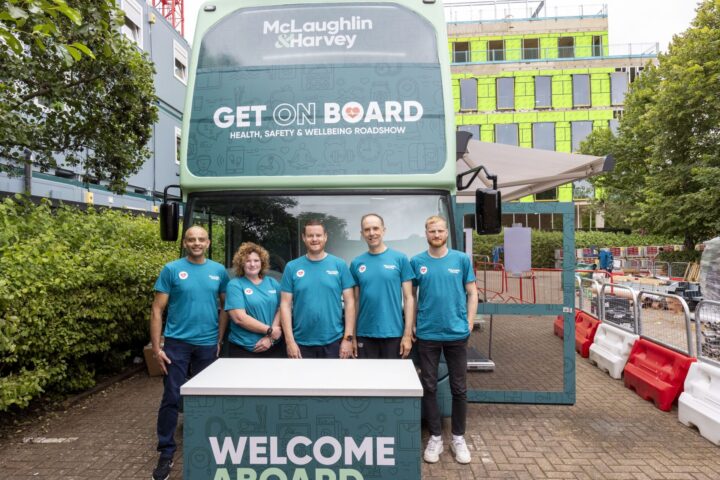In 2025, the connection between happiness at work and business success is clearer than ever through compelling research.
A landmark study from Oxford University’s Saïd Business School provides hard evidence: happier employees are approximately 12% to 13% more productive than their less happy peers.
This boost isn’t just about feeling good but translates directly into better focus, faster task completion, improved problem-solving, and higher motivation. As workplaces evolve, the pursuit of happiness at work is not just a feel-good perk. It is a strategic imperative.
But what happens when people are unhappy? The consequences ripple far beyond the individual. Unhappiness at work is linked to disengagement, higher absenteeism, increased turnover, and lower innovation, all of which drain organisational performance.
Gallup’s data in 2025 reveals a worrying landscape – with only 21% of workers reported as being fully engaged in their roles. The cost is more than financial. Low engagement corrodes team dynamics, reduces creativity, and saps the resilience companies desperately need amid change.
We have all heard the argument that work is ‘just a job’ and that happiness belongs at home. The workplace is seen as a means to an end, a necessary hurdle before personal life, often felt as the ‘real’ source of joy and fulfilment. While this separation can be comforting, it oversimplifies human experience.
At a deeper human level, happiness is not just an abstract ideal, it is a fundamental condition we all seek. The phrase ‘the pursuit of happiness’ in the American Constitution captures this universal yearning for wellbeing, freedom, and purpose.
Happiness motivates us holistically, extending far beyond work to our families, communities, and personal growth. Our work life and personal life are intertwined. Happiness at work can enrich overall wellbeing, making life outside of work more rewarding too.
This interplay is evident in global Happiness Index rankings. Countries consistently topping these charts such as Finland, Denmark, and New Zealand, report not only higher general population wellbeing but also thriving economies, strong institutions, and engaged, innovative workforces.
These societies emphasise autonomy, wellbeing, and connection within and beyond workplaces, showing that fostering happiness is both ethically sound and business smart.
When organisations invest in fostering happiness at work, they create environments where people feel valued, autonomous, and connected and these are conditions that liberate creativity, resilience, and discretionary effort.
As a result, employees come to work ready not only to perform tasks but to contribute meaningfully, fuelling business innovation and adaptability in a rapidly changing world.
Organisations can measure and improve happiness via tools that measure things such as job satisfaction, team relationships, psychological safety, and work-life balance. Regularly tracking employee happiness enables leaders to intervene early, shaping policies and cultures that spur motivation and reduce burnout.
In essence, the pursuit of happiness at work is more than a human ideal, it is a business advantage that drives productivity, retention, and innovation.
As the global workplace becomes more dynamic and demanding, placing happiness at the heart of organisational strategy is essential to harnessing the full potential of people and profits alike.
Amrit Sandhar is CEO and founder of &Evolve

















